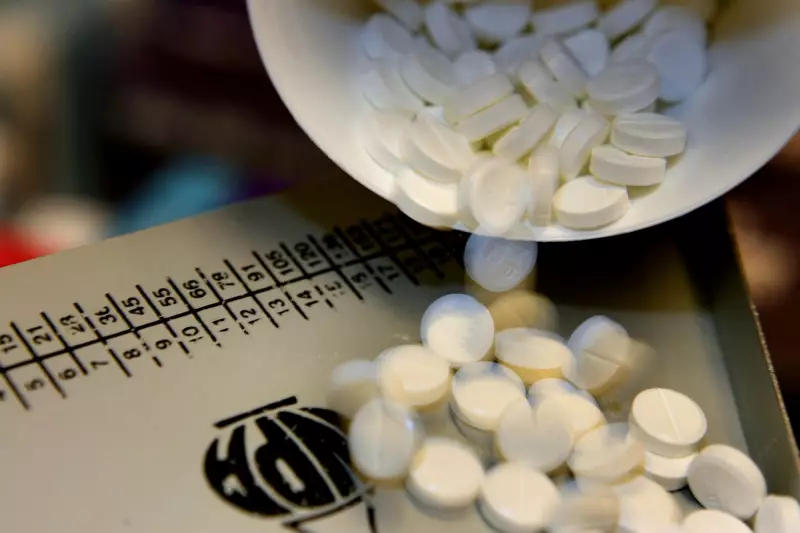
In a stunning revelation that exposes the political pressures faced during the COVID-19 crisis, Britain's former chief scientific adviser has disclosed that Donald Trump directly lobbied the Prime Minister to purchase unproven coronavirus treatments.
Sir Patrick Vallance, who served as the government's top science advisor throughout the pandemic, made the extraordinary claim during his testimony at the UK COVID-19 Inquiry. The disclosure sheds new light on the international political dynamics that influenced Britain's pandemic response.
Political Pressure on Science
According to Vallance's testimony, the then-US President made direct contact with Boris Johnson, urging him to procure medications that lacked proper scientific validation. While Vallance didn't specify the exact drugs mentioned, the timing coincides with Trump's controversial promotion of hydroxychloroquine and other unproven treatments.
The former science chief emphasised the importance of maintaining scientific integrity in the face of such high-level political pressure. His revelations highlight the delicate balance between political leadership and evidence-based decision-making during global health emergencies.
Defending the NHS Approach
Vallance's testimony underscores how UK health authorities resisted external political influence to follow established medical protocols. The National Health Service maintained its commitment to evidence-based treatments despite the extraordinary pressure from one of Britain's closest allies.
This intervention raises serious questions about the independence of UK health policy and the potential vulnerability of scientific decision-making to international political pressure. The disclosure comes as the COVID-19 Inquiry continues to examine the UK's handling of the pandemic, with particular focus on political leadership and scientific advice.
Broader Implications for Future Crises
The revelation about Trump's direct lobbying adds a significant international dimension to the inquiry's findings. It demonstrates how global political relationships can potentially compromise national health responses during emergencies.
Vallance's consistent stance throughout the pandemic emphasised following the science rather than political convenience. His latest testimony reinforces concerns about maintaining the integrity of public health decisions when faced with powerful external influences.
As the inquiry continues, this disclosure is likely to fuel further debate about the proper boundaries between political leadership and scientific independence in managing national health crises.





